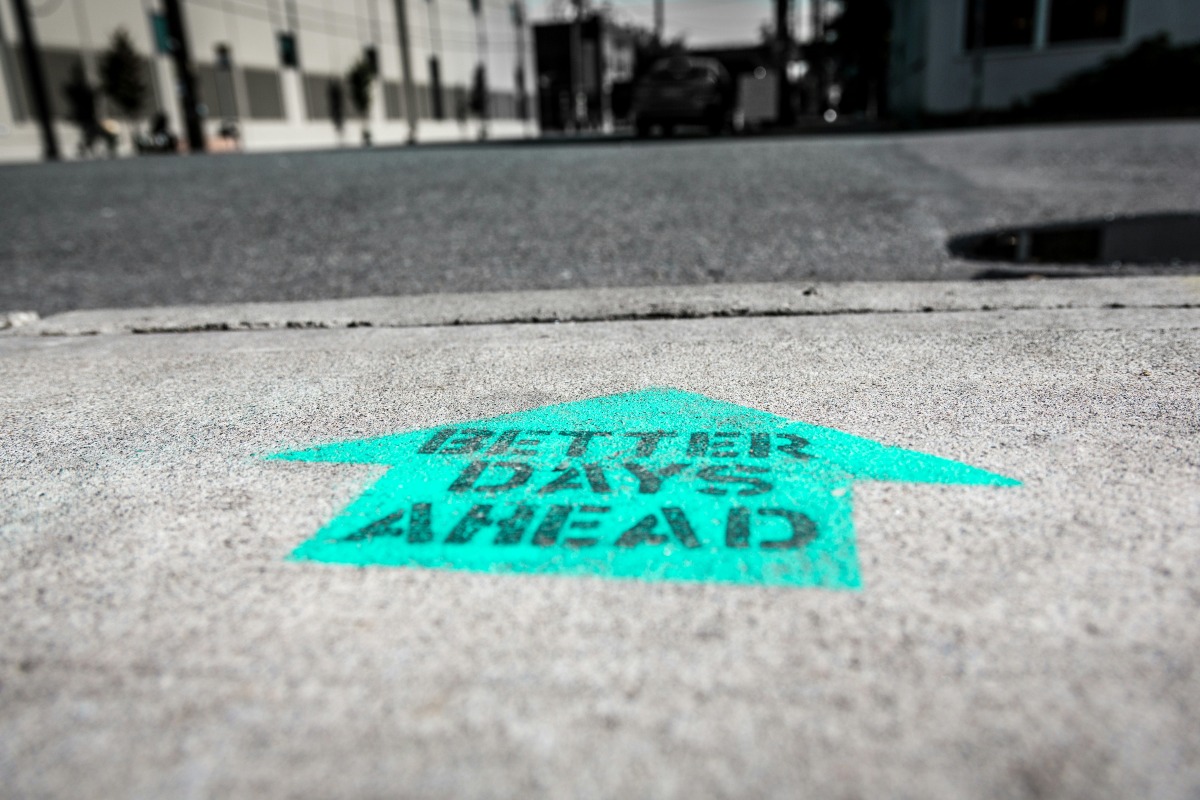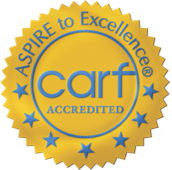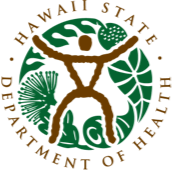Addiction recovery is difficult, and there is no “quick fix” to overcoming the disease or its effects. Even those who begin their journey in a professional detox program and navigate the challenges and triumphs of residential treatment are still met with new experiences, challenges, and stresses as alumni. It takes just as much dedication to maintain a person’s sober change as it took to take that first important step. However, relapse is always possible, and while not a guaranteed part of the sober healing journey, having a plan to overcome relapse is necessary. Not only is it important to refocus on sobriety, but addressing the effects of relapse on a person’s motivation and belief in themselves is paramount.
Understanding the Impact of a Relapse
Relapses in sobriety present a unique and challenging situation. A relapse is much more than a return to the use of drugs or alcohol after committing oneself to a sober life. Rather, those experiencing a relapse may engage with drugs and alcohol while also returning to previous lifestyles that enable such use. Self-isolation, returning to previously held beliefs or practices, daily routines, or even social groups associated with substance use, is common.
An individual experiencing a relapse may also no longer focus on their sober goals, instead seeing ongoing outpatient treatment or support as a hurdle to further use rather than a supportive force to maintain sobriety. Those experiencing a relapse may also return to a level of substance use similar to before they took their first step into treatment, including frequency of use or amount used, increasing the chances of negative consequences, health risks, and overdose.
However, the effects of a relapse on a person’s motivation are just as profound. Those experiencing a relapse can be filled with a sense of guilt, shame, loss, or even grief for their lost potential. It is common to feel as if a person is “too addicted” for a truly sober future, or that a person somehow doesn’t “deserve” a healthy life or happiness due to their use of drugs or alcohol.
Seeing a relapse as a sign that a person cannot have a healthy sober life is common, and often brings further emotional turmoil, depression, and anxiety, instilling a sense of doubt about the recovery process or a person’s ability to see it through. No matter how erroneous these thoughts may be, they can greatly impact a person’s motivation to continue pursuing a sober future.
Overcoming these effects and refocusing on sobriety is crucial, but it takes a lot of hard work. However, having access to sympathetic peers and professionals alike can be instrumental in overcoming the effects of relapse and addressing an array of personal needs, with Hawaii Island Recovery able to help each person refocus their efforts and motivation for a sober future.
The Importance of Staying Motivated
Addiction recovery is a lifelong journey, but each person’s journey in recovery is unique and rarely is ever a straight line. Rather, there can be moments of breakthrough and triumph just as much as there are new stresses, challenges, and doubts. Experiencing both peaks and valleys throughout each person’s recovery journey is normal. However, it can also make it difficult to stay motivated when experiencing unexpected challenges or plateaus in recovery.
Staying focused and motivated is the first line of defense against relapse. However, it can also be one of the first things compromised in the face of stress. Those feeling the effects of stress, depression, anxiety, doubt, or other challenges can then feel as if their recovery is “impossible.” Conversely, some may become overconfident in their sober coping strategies or lifestyle, and rather than staying motivated and committed to change and sobriety, they may feel they can have “just one” and still be fine, even though this is an unnecessary and dangerous idea.
Staying motivated also empowers those in recovery to continue building on their coping strategies and lifestyle. Continuing to update coping strategies, grounding strategies, self-care outlets, and exploring new ideas is all crucial. New stresses can always manifest, and changing needs, new milestones and goals, and more constantly change. There is no single “end” to recovery. Staying motivated, especially after a relapse, helps each person to be prepared and proactive in updating their recovery plans and goals to pursue their next milestones and accomplishments in sobriety.
Reclaiming Motivation After a Relapse
While relapse can be common, it does not mark the “end” of a person’s recovery journey, nor does it mean that a healthy, sober life is ever beyond reach. However, it does mean that there will need to be some adjustments made to refocus and refine each person’s treatment plan.
First, experiencing a relapse also doesn’t erase a person’s hard work and progress to this point. There can still be many effective strategies employed that can be built upon and further explored, meaning that a person never has to completely “restart” their journey. Professional support, along with the support of family members, loved ones, and peers in recovery, can empower each person to refocus their motivation and efforts on making pertinent changes, rather than completely restarting their journey.
Start With Compassion
Experiencing a relapse can come with waves of shame, guilt, depression, and even feelings of hopelessness. These are common feelings and thoughts, but still incredibly difficult to overcome. However, the idea that a person is making an effort to refocus on sobriety at all is a testament to the possibility of a healthy and sober future. Mistakes were made, but learning to practice gratitude, forgiveness, and self-compassion is crucial to approach the situation with healing in mind.
Likewise, even asking questions about recovery again can highlight that a person still has some fight in them for sobriety, and even takes a good amount of self-awareness, mindfulness, and a degree of hope. These efforts can also contextualize a person’s experiences; by focusing on compassion in recovery, each individual can better refine their skills or strategies that were less effective while staying positive and honest with themselves.
The Reason For Sobriety
Each person will have their reasons for pursuing sobriety in the first place. The impact of drugs or alcohol on their personal lives, professional ambitions, and important relationships with family, loved ones, or potential romantic partners is a common driving force. Even those attending a treatment facility through legal obligation can find a reason for healing that is personal to them through motivational interviewing (MI). However, in all the stress and hard work of recovery, constant urges and cravings, and unexpected stresses in daily life, it can be easy to overlook the initial reason why a person may have pursued sobriety in the first place.
Talking with supports or working with professionals at Hawaii Island Recovery to reconnect with a person’s reason for sobriety and their motivations for sober change can be crucial. Whether it is for a person’s own physical health, mental health, relationships, or professional life after losing a job due to reasons related to substance use, reconnecting with these reasons for sobriety can help a person find their motivation again in recovery, even after a relapse.
Keeping reminders of these motivations can also support a person’s return to sober efforts. A written note to oneself, a photo of a loved one, or even a personal mantra written or kept on one’s person can all go a long way in refocusing on the reason behind all the hard work to continue healing after a relapse.
Focus on the Small
A relapse can be entirely overwhelming, and it is easy to fall into the trap of feeling surrounded by the larger implications of a relapse. However, this can add to an already incredibly stressful situation. Rather than focusing on larger-scale goals and challenges, it is important to take this delicate time one day at a time. Despite the months or years of sobriety that a person may feel they “lost,” just focusing on the day ahead is the most important.
This is important for managing expectations and empowering each person to focus on their immediate needs and stresses. Accomplishing small goals and making immediate changes can empower those experiencing a relapse to better focus their efforts on current challenges and needs, rather than feeling overwhelmed by grander implications.
Recovery and sobriety are always taken one day at a time, even if a person has larger plans for themselves in their sober life. Focusing on these smaller goals can also be a way to prove to oneself that there is still hope for sobriety and change, accomplishing daily goals in recovery that can bring back feelings of hope and change.
Learn the “Why”
Not all situations or stresses that lead to a relapse are the same. Each person may have unique stresses, triggers, or situations that led them to use drugs or alcohol again. However, studying the specifics around a relapse, rather than wholly on the fact that a person relapsed in the first place, can reveal a lot of important information.
There can be a myriad of potential stresses or challenges that lead to a person re-engaging with drugs and alcohol again. For some, the presence of unique personal triggers can lead to unexpected use of these substances. Working with a professional, loved one, or family member to discuss the situation surrounding a relapse can be crucial for reclaiming motivation and creating a plan going forward. Some common stresses that can lead to relapse if unprepared include:
- Certain places, people, social groups, or environments associated with past substance use
- Specific times of the year, either around the holidays or around anniversaries of traumatic events
- Newfound unexpected stresses, such as a toxic workplace environment
- Changes in daily life
- Major impact on life events, such as the loss of a relationship or moving to a new area
- Compromised self-care outlets
Even challenges that seem mundane can have major implications on a person’s sobriety. Feelings of loneliness or boredom can also affect a person’s sober efforts. These “whys” can all inform how to best address relapse and improve relapse prevention plans in the future. A person rarely ever has to restart their healing journey. Knowing the situation surrounding a relapse can highlight the skills that are still effective and areas that may need additional skills developed or practiced.
However, it can be difficult to truly look at these situations objectively. Using journals to record thoughts and information, and working with family members, supports, or talking with professionals in individual therapy and support groups can all help a person get new perspectives on their situation, explore potential healing options, and create a focused strategy.
While a relapse can cause a person to feel very vulnerable, especially when accompanied by feelings of shame, depression, and self-doubt, having a trusted support system is crucial. However, professionals at Hawaii Island Recovery, a supportive community of peers, and more are all available. There are also virtual care options and an open phone line to support sober change at any stage of a person’s recovery, ensuring that help is always just one call away.
Knowing the reasons behind a relapse can bring hope and direction to daily life, empowering those experiencing a relapse to focus their efforts and thoughts on pertinent change. This can be a major motivating force, feeling as if a person is getting “back on track” with a plan and a mission to refocus on sobriety, and provide a goal to accurately measure their progress after a relapse.
Enact Change
While identifying the situation around a relapse is an important first step, a person must still act on this information. Accepting a relapse is crucial for being able to enact genuine change and begin looking forward. Being open to vulnerability is necessary during this time. Changes to daily routines, self-care practices, diet, new therapeutic ideas, and more are all part of refocusing a person’s recovery efforts.
However, this can also be an opportunity to express personal agency again after a relapse. Feeling like a person is taking control again, even if just with one small effort or change at a time, is an important motivating force, helping those in recovery begin to take control of their sober future again.
Consider a Return to Treatment in Hawaii
While many people may feel averse to returning to a professional treatment program, it may be necessary. Effective detox and having a sober-focused environment to explore personal needs, goals, and challenges can be necessary to prevent relapse again while exploring personal changes. Detaching from stresses through a return to residential treatment and a healthy, sober environment can empower each person to explore new motivations and goals in their journey. Working with professionals in new forms of therapy and Hawaii Island Recovery’s commitment to motivational interviewing (MI) can ensure that treatment is always personalized to a person’s needs, whether a person is just beginning their journey or returning to treatment after a relapse.
A return to treatment can also help those in recovery update or address goals that may have changed over time, or with new community members who can provide new perspectives in recovery. Maintaining motivation means updating these personal goals and mantras in a safe environment.
Experiencing a relapse is challenging and can come with an array of difficult feelings, doubt, and pessimism. However, a relapse never marks the “end” of a person’s recovery journey, nor does it mean that recovery is impossible. Rather, getting back in touch with personal motivations, goals, and creating a plan for change is paramount. Hawaii Island Recovery and its healing community of peers, professionals, and the spirit of aloha can all help each person maintain motivation after a relapse while developing new relapse prevention skills for a sustainable sober future.
A relapse presents a difficult situation, and one that must be dealt with quickly and effectively to refocus on your sober efforts and healing. However, maintaining motivation is crucial to make these necessary changes. At Hawaii Island Recovery, we take a personalized approach to healing, not just exploring the effects of a relapse, but focusing on the unique factors around the situation and how it directly impacts your life. We also work with you to explore your best approach to healing, making pertinent and practical adjustments to your treatment plan while exploring new therapeutic activities, perspectives, and experiences to support directed, holistic change. For more information on how we can help you refocus after a relapse, call (866) 390-5070.












